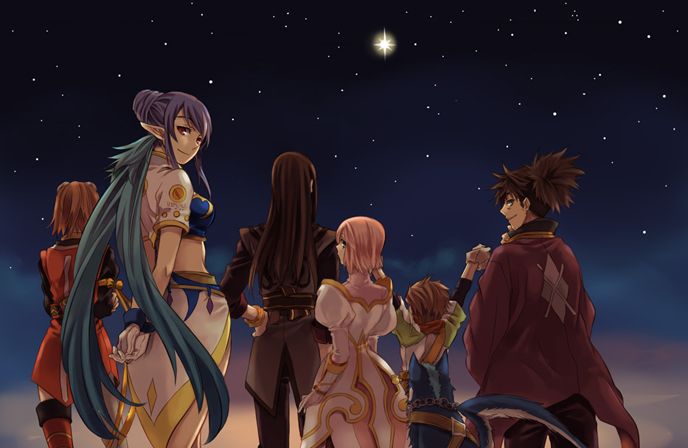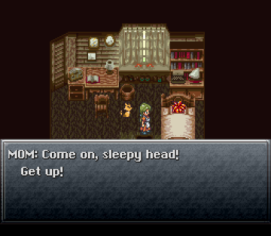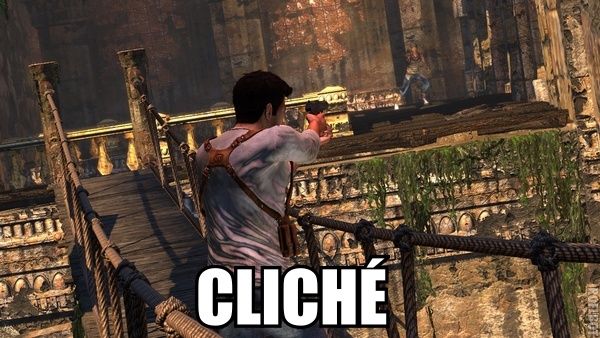Today you hear a lot of gamers and critics alike complain about certain characters in games being cliché. That clumsy girl who joins your party half way through the game who has a mysterious past, the over-muscled space marine who has been in and out of trouble and likes to do things “his own way”, that sleek, stylish action hero who can wield a sword bigger than his body and take out wave after wave of dozens of werewolves without so much as a scratch – these are all examples of overdone character archetypes that many people consider to be “cliché”.
Yet, what exactly does cliché mean? Is the term overused, or become some sort of go-to word when a character seems similar to another from one game to the next? Let’s take a look at this phenomenon in the gamersphere – does it really have to be synonymous with uninteresting, non-unique, boring characters?
The dictionary defines cliché as “(in art, literature, drama, etc.) a trite or hackneyed plot, character development, use of color, musical expression, etc.” and “anything that has become trite or commonplace through overuse”. To be honest, at first glance, many characters across all genres can fit into this definition. But, when you do something that most gamers don’t do and look deeper into a character throughout an entire game, you’ll find that very few are actually, truly, genuinely cliché from start to finish.
While you may see characters built around a pre-made archetype that exists throughout a certain genre, such as the RPG cliché of a boy who lost his memory and has a childhood female friend that he partners up with for a journey, this simple stereotypical character structure rarely, if ever, defines the whole persona. It doesn’t tell the whole story, in other words.
The entire story is told more than just through the archetype that the character is built from, but it is more so defined by the interactions, dialog, plot revelations and even sometimes voice actor speech inflections and tone of voice that we see expounded upon throughout the course of a game. Basing our entire perception of a character off the description on the back of the box or the first 45 minutes of game play is a common misstep that many gamers take. It can lead to missing out on some truly unique and interesting character experiences.
Bioware loves putting a bulky male space marine on box art and in screen shots of a certain sci-fi story-based shooter that we all know and love, but if I based my perception of the game on that cliché character archetype, I probably would never have played those games. That character is so much deeper than what you see on the box, or what your perception of him is through a decade-long stream of over-emphasized space marines in games.
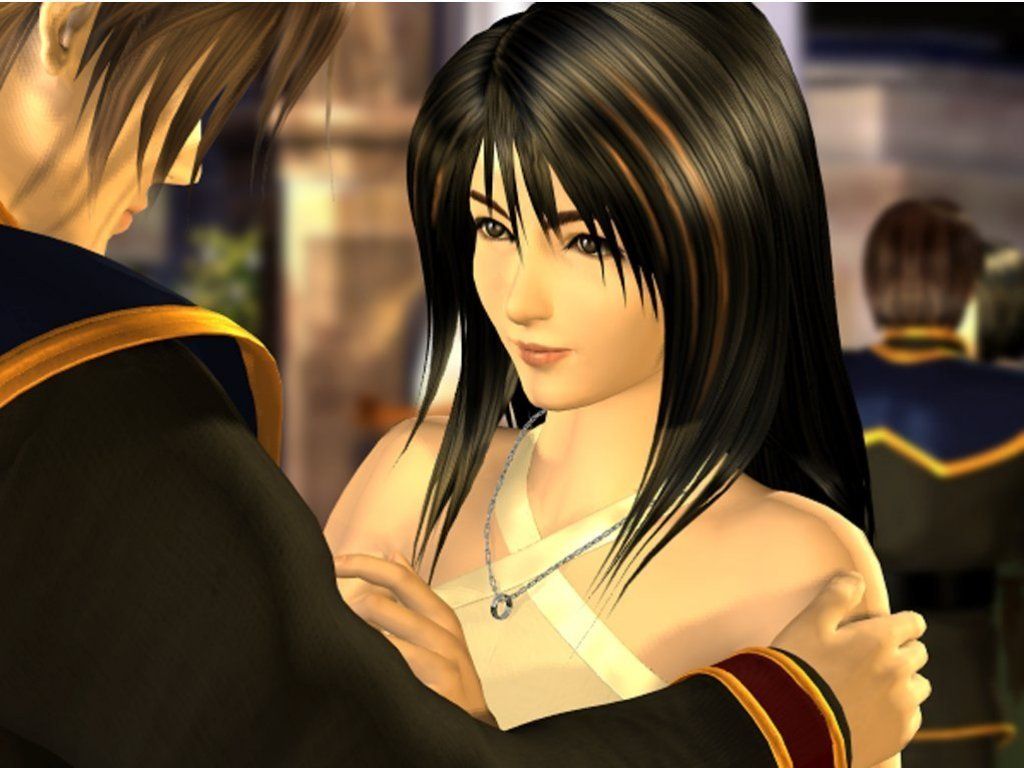
Final Fantasy fans may not like to admit it, but in both FFVII and FFVIII the main character (Cloud and Squall, respectively) are both cut from the same stereotypical – or cliché – character archetype mold. Yet, very few, if any, of us would claim that they are the same character throughout their respective games. Why? Simple – as I said earlier, the characters are more defined by what happens to them throughout the game than any preconceived notion we may have of them from the start.
What about plot devices in games? Yes, they are claimed many times as being cliché, as well. To be quite honest, story elements and narrative stand more of a chance of being truly cliché than characters do. Stories tend to unfold in one way, or a set number of ways. There are exponentially more character interactions for each individual throughout a game than there are ways that the story shifts and changes. However, there still are a near limitless number of ways even a “cliché” story can be interesting and different, even if only subtly.
I’ve played many games – mostly RPGs – where the story and characters start off being your run-of-the-mill, archetypical heroes. Yet, especially where the story is concerned, there are various points that throw me for a loop, toss in some drama, make a sudden change or give me an “I didn’t see that one coming” expression. And, more often than not, these plot twists aren’t repeated from game to game. This is obvious because no two games use the same characters, same exact situations or same pacing.
Before you start, I realize there are some games that carry the same characters from title to title, but even then, the majority of the time the game’s writers aren’t stupid enough to write the same situations into game after game after game, so you really don’t see cliché situations often enough to make it the popular go-to word that it seems to have become.
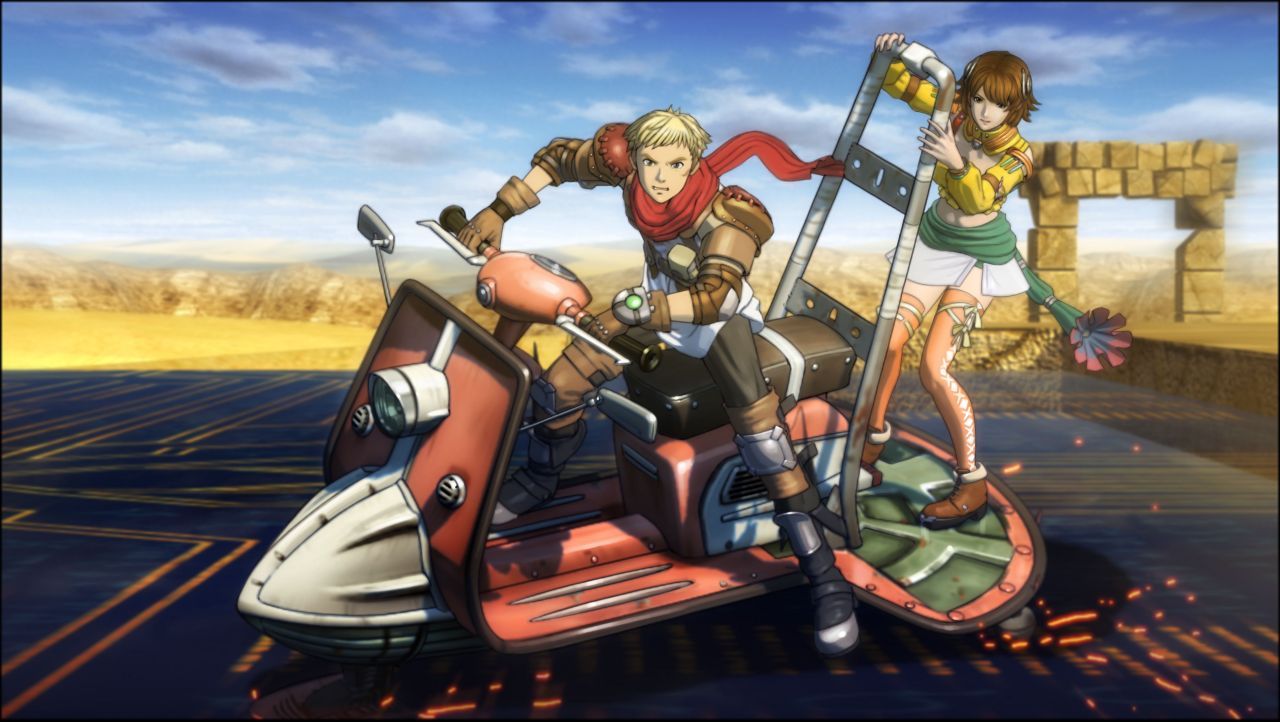
“I get what you’re saying, but I’ve seen this situation and similar characters to these in more than one game, and it is just getting old.” Two things here: 1) That’s fine, if you don’t like it, don’t play it and 2) try to look deeper. If you’re complaining that characters or stories are cliché, try to look deeper. Sometimes it takes some thinking, sometimes you have to think above and beyond, “OMG SHOOT THAT GUY” and actually, you know, use your brain. Many times the writers are doing this to you on purpose, they aren’t making everything perfectly clear, they aren’t showing the whole story at the beginning, they’re writing these characters to appear to be cliché, but then making sure you play the whole game by completely changing things around at a certain point in the story. Give it time, give things a chance, don’t jump on the “cliché” bandwagon just because it’s the cool thing to do or you’re impatient and don’t want to delve deeper into the characters or story.
Now, I’m not saying I haven’t come across my fair share of cliché characters and plot devices. Frankly, these are more common in non-RPGs, believe it or not. Why? Again, there’s a simple answer to that. Role-playing games tend to have deeper more involved character interactions and stories. This isn’t true all the time, but in the majority of cases it is. Dear Sony fanboys – Uncharted 2 is filled with just about every cliché in the book. Microsoft fanboys – Halo is one huge sci-fi cliché in itself. Nintendo geeks – the only original Mario game was Super Mario Bros., after that forget about it.
To wrap this all up, we have to remember that pretty much every character archetype and every plot device has already been done before in some way, shape or form. If we subscribe to that line of thinking, everything is cliché – a shiny new face on an overdone story or character design. Why do people get so tired of elves, dragons and dwarves in their fantasy RPGs? Because those types of games have been largely overdone, and the only story to be original in that respect was arguably Tolkein’s writings, because everything “fantasy” that has been written since then are derivatives of it in some way. Does that mean every story or character in a setting like that is cliché just because it may be – in some way – a derivative of The Lord of the Rings? Absolutely not.
So, I say that the word cliché is cliché in itself – trite and hackneyed, commonplace through overuse. Playing games and getting involved in the characters and stories isn’t about distinguishing them from what has come before. No, it is about looking deeper, finding what is interesting, if not unique, about these characters and the situations they find themselves in. Use your head to think about the interactions, the dialog, the inflections in the voices, the tone the line is spoken in. If you do this, you may see that what defines these games isn’t anything like our initial perception of them, and you may uncover gems that you otherwise may never have known existed.

